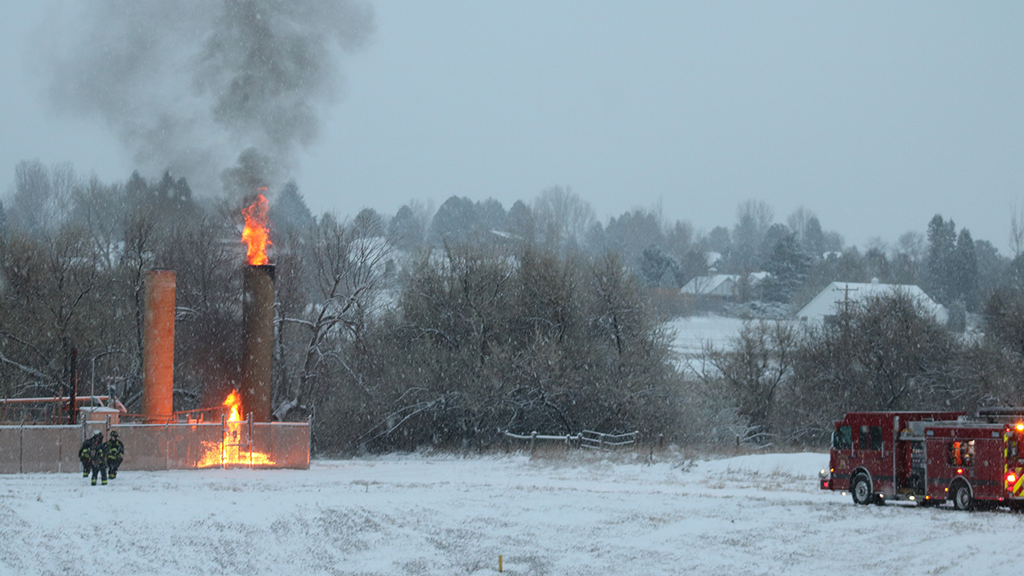TORONTO — The Ontario government has introduced legislation that, if passed, aims to help communities reduce the risk and impacts of wildland fires and hazardous oil and gas wells.
The government also announced changes that are meant to attract more land surveyors to the profession to support building more homes and other infrastructure.
A third component to the government’s announcement would enable and regulate the use of carbon storage technology, explains a release.
The legislation includes the following changes:
- Modernizing the Forest Fires Prevention Act with new requirements for wildland fire management plans and stricter penalties for those who don’t follow wildland fire laws, to reduce the risk of unwanted human-caused fires.
- Changes to the Oil, Gas, and Salt Resources Act that would allow the ministry to take immediate action to address hazardous oil and gas wells that pose a public safety risk. This would especially apply when an operator is not compliant with a ministry order in certain circumstances such as death or bankruptcy and recover costs of any action taken on the well.
- Amending the Surveyors Act to enhance the role land surveyors play in the province’s development and growth.
- A new act that would support innovation and help manage emissions. The Geologic Carbon Storage Act, if passed, would enable the regulation of commercial-scale geologic carbon storage which involves injecting captured CO2 for permanent storage. This technology would help energy-intensive industries reduce greenhouse gas emissions by roughly five to seven million tonnes per year, create upwards of 4,000 short-term jobs, and reduce the price Ontario industries pay on carbon by close to $1 billion a year, the release read.
“Carbon storage is new to the province, and the ministry is developing a framework that will ensure it is done responsibly, with measures in place to safeguard people and the environment,” said Dawn Gallagher Murphy, parliamentary assistant to the minister of natural resources, in a statement. “By mitigating emissions, carbon storage has the potential to transform Ontario’s essential natural resource industries into internationally recognized global suppliers of clean building materials while creating new good paying jobs.”
If the Resource Management and Safety Act is passed, the province will continue to consult and develop supporting regulations to implement changes, where necessary.











Recent Comments
comments for this post are closed